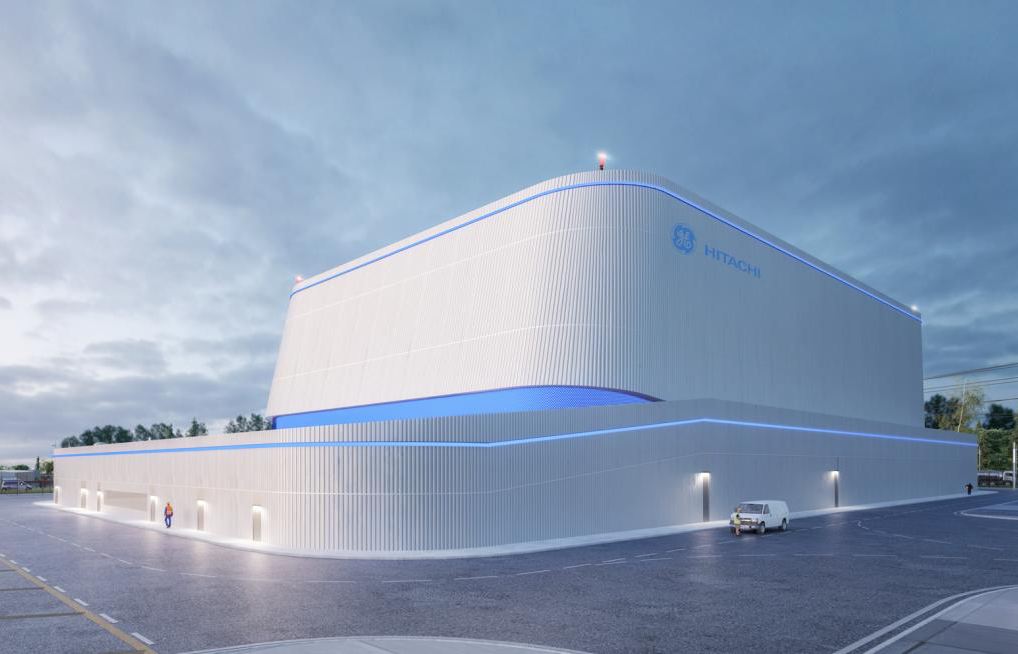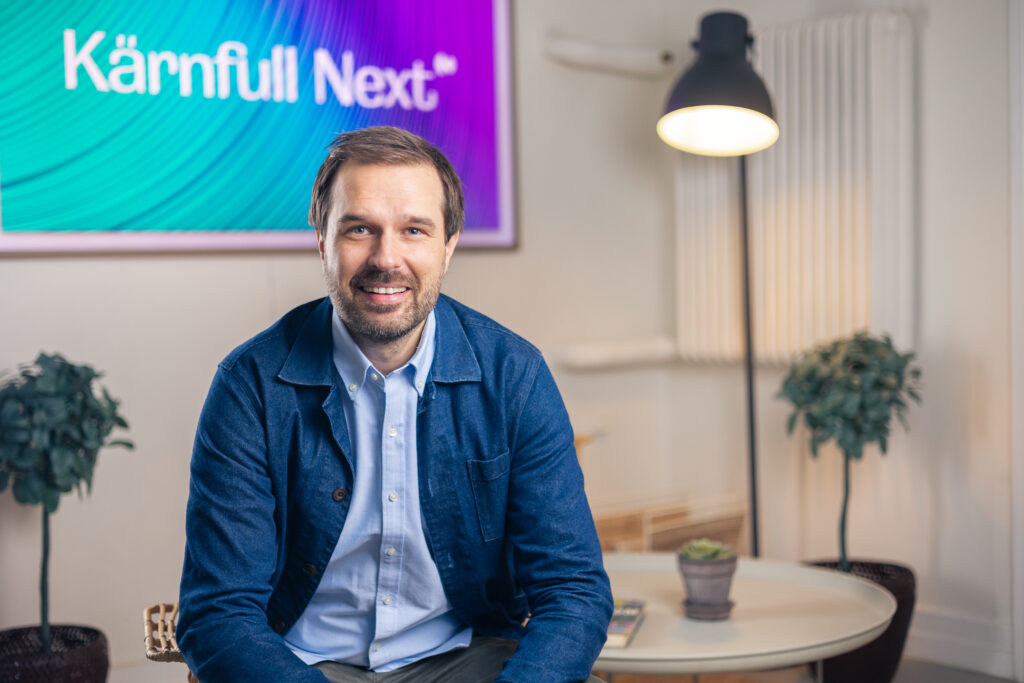
Insights about modern nuclear power at Almedalen
Insights|June 12, 2024
Senior Associate Emelie Zellmer will be joining a panel for a discussion titled ‘New ways to build nuclear power – how and what have we learned?’ This panel aims to explore innovative strategies for derisking new nuclear projects and highlight the key factors necessary to attract capital for these ventures.
In preparation for Almedalen, Emelie Zellmer asked Christian Sjölander, founder of the nuclear power startup Kärnfull, if nuclear could be the energy source of the future.

Can you tell us a bit about Kärnfull and your thoughts on building new nuclear power plants?
Kärnfull promotes and develops nuclear power as a sustainable energy solution in Sweden and the Nordic countries. We believe nuclear power is essential for our future energy needs, especially with climate change and the need for reliable energy.
What are the take-aways from other countries, such as Finland, regarding the construction of new nuclear power plants?
Finland is a great example. They’ve been successful in building new plants and extending the life of old ones. They’ve also invested in wind power, showing that a mix of energy sources is important. One key lesson from Finland is the importance of clear and stable laws that support nuclear power. Their predictable regulations have been crucial for their success.
Sweden now has a national nuclear coordinator, Carl Berglöf, who is pushing for more nuclear power. How does this affect your plans?
Carl Berglöf’s role is very important for creating the right structures and collaborations needed to build new nuclear power. He often emphasizes lowering investment barriers and creating a predictable permitting process, which is crucial for attracting investors. This stable and efficient regulation is something we fully support at Kärnfull.
What do you think are the biggest challenges in building new nuclear power in Sweden today?
We need an investment framework that enables new fossil-free production to be built out, not only nuclear. Nuclear has challenges that we can mitigate to some extent ourselves but market mechanics and a guarantee system needs to be a civil contract. The initial investments are high, and long-term commercial stability is required for such projects to be feasible.
Carl Berglöf also mentions that Sweden should have the equivalent of two large-scale reactors by 2035 (2,5GW) and up to ten by 2045 (an additional 10GW). In your view, are these goals achievable?
These are ambitious but necessary goals to meet future energy needs. To achieve this, it is crucial that we quickly establish an effective investment framework and a clear and goal-oriented permitting process. At Kärnfull, we are ready to support wherever we can and contribute to building the necessary skills and supply chains. We have already started planning for Europe’s first SMR parks in Studsvik and several other sites in our ReFirm: South program, which is an important step towards these goals.
Do you see a future for nuclear power in Sweden?
With the technological advancements being made and the increasing awareness of the need for sustainable energy sources, I am convinced that nuclear power has an important role to play. No other solution can provide system abilities, security of supply by having years of fuel on site and being dispatchable at the same time as being competitively priced.
This year Roschier is represented at Almedalen by Lisa Hybbinette, Marcus Hedén, Björn Winström, Veronica Stiller, and Emelie Zellmer.